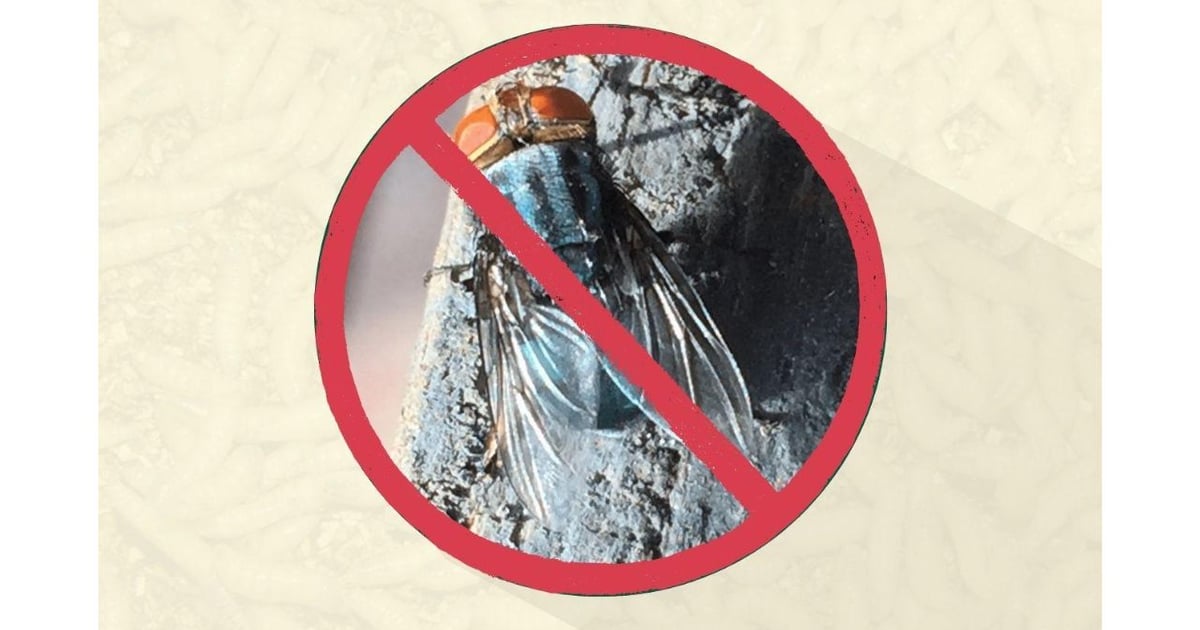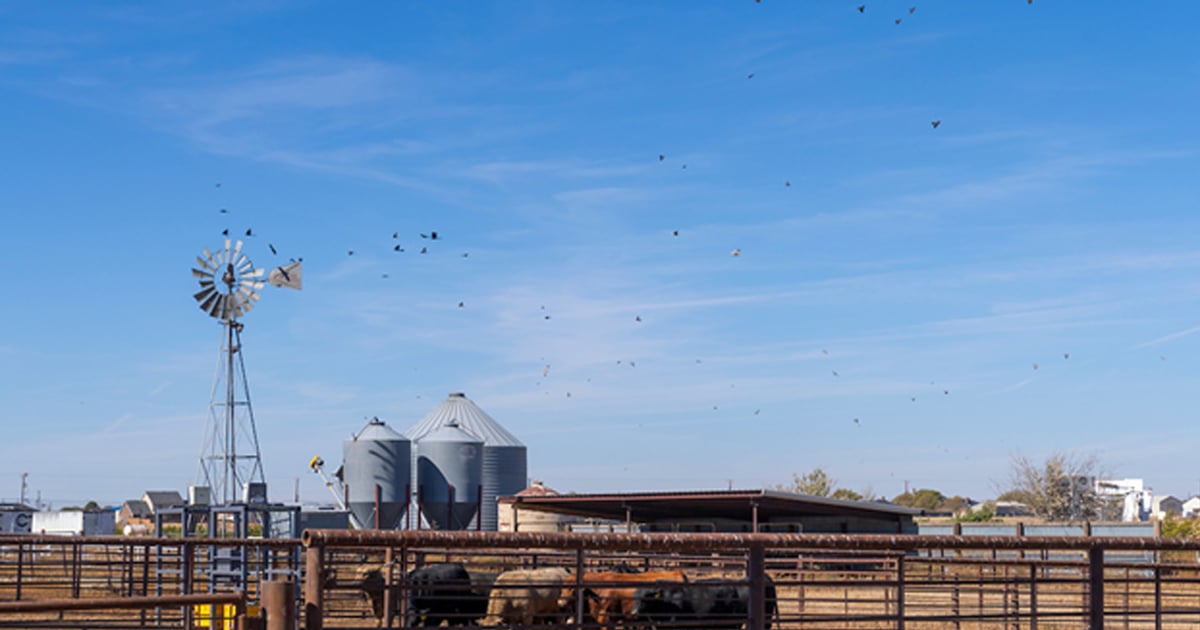Grants seek to address liver abscess formation in cattle
Posted on December 11, 2023
Source: Farm Progress. The original article is posted here.

While difficult to know how many animals are affected, liver abscesses affect roughly 20% of United States beef cattle, reaching as high as 70% in some groups. Antibiotics are commonly used to prevent and control liver abscesses, but the condition is still highly prevalent. To prevent liver abscesses from forming, current control methods involve treating entire groups of animals with antibiotics at the same time. As a result, healthy animals are often administered antibiotics, as it is difficult to determine which animals are infected. This method is costly and can increase antibiotic resistance in cattle, making them susceptible to other lethal conditions.
Following a 2022 call for research, the Foundation for Food & Agriculture Research’s (FFAR) ICASA Consortium awarded the following grants to better understand and prevent liver abscesses in cattle
Dr. Raghavendra Amachawadi, Kansas State University (K-State)
Dr. Amachawadi received a $300,000 grant to evaluate the associations between feeding and management practices of beef-on-dairy cattle, a beef production system that uses beef cattle semen to breed dairy cows. The practice increases the value of dairy calves, as beef-on-dairy calves have feedlot performance, carcass quality and meat quality attributes similar to conventional beef cattle. Although no published data currently exist, it is commonly believed that the rate of liver abscesses in beef-on-dairy cattle is two to three times greater than beef-on-beef cattle. The research team is planning to conduct a comprehensive analysis of feeding and management practices to determine their associations with and timing of liver abscess development. An understanding of the epidemiology of liver abscesses in beef-on-dairy cattle can identify opportunities and interventions to reduce antibiotic use.
Matching funds were provided by Syracuse Dairy, Animal Welfare Consulting and Research, Deer Creek Feeding, LLC and ICASA partners Tyson Foods, Veterinary Research & Consulting Services, LLC (VRCS), Hy-Plains Feedyard, LLC and Cargill for a total $600,000 investment.
Dr. T. G. Nagaraja, K-State
Dr. Nagaraia received a $248,641 grant to evaluate a comprehensive "biochemical fingerprinting" in blood plasma collected from beef cattle with and without abscesses in the liver. Unique biomolecules in the blood of cattle with liver abscesses can help detect the onset and progression of liver abscesses and can aid evaluating antibiotic alternatives for prevention.
Matching funds were provided by K-State and ICASA partners Tyson Foods, Cargill and United Animal Health for a total $497,282 investment.
Dr. Kendall Samuelson, West Texas A&M University
Dr. Samuelson received a $300,000 grant to evaluate liver abscess development in feedlot cattle reared in conventional beef versus dairy management systems. The research team is investigating the relationship between calf management, feedlot performance, liver abscess prevalence and cellular and molecular mechanisms. The results of this project will provide insight into liver abscess pathogenesis and identify biomarkers that assess the risk of the development of liver abscesses.
West Texas A&M University is providing matching funds for a $600,340 investment.
Dr. Dale Woerner, Texas Tech University
Dr. Woerner received a $300,000 grant to create a model for genomic, blood and microbiological markers for liver abscesses in beef cattle. He is leading a research team investigating genetic markers and biomarkers, including blood chemistry and individual microbial pathogen prevalence, which contribute to the formation of liver abscesses. Identifying markers in cattle predisposed to developing liver abscesses would allow producers to make more informed breeding and management decisions to reduce susceptibility in cattle and reduce reliance on antimicrobial treatments.
Matching funds were provided by Texas Tech University and ICASA partners Genus ABS, Hy-Plains Feedyard, LLC and VRCS for a $633,462 investment.
FFAR established ICASA in 2019 with an initial $7.5 million investment to fund research that promotes targeted antibiotic use, advances animal health and welfare and increases transparency in food production practices. The private sector is matching FFAR’s investment for a total $15 million investment in antibiotic stewardship research.




